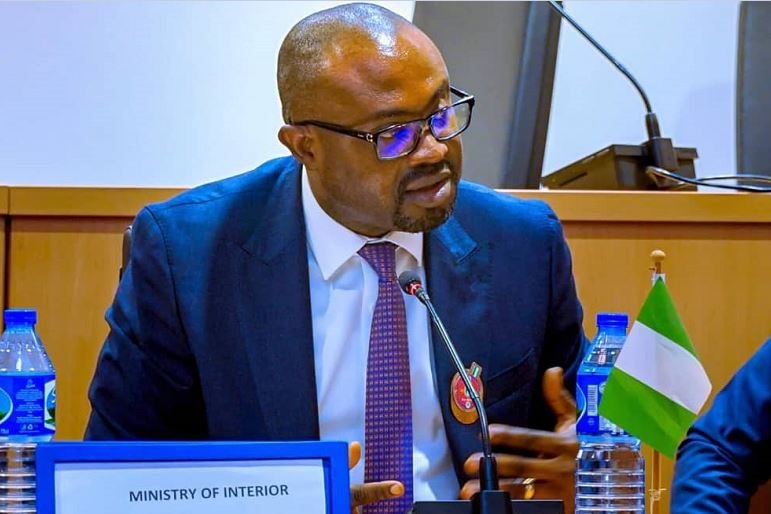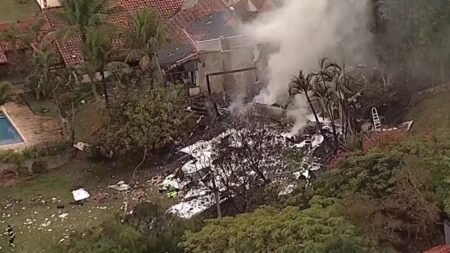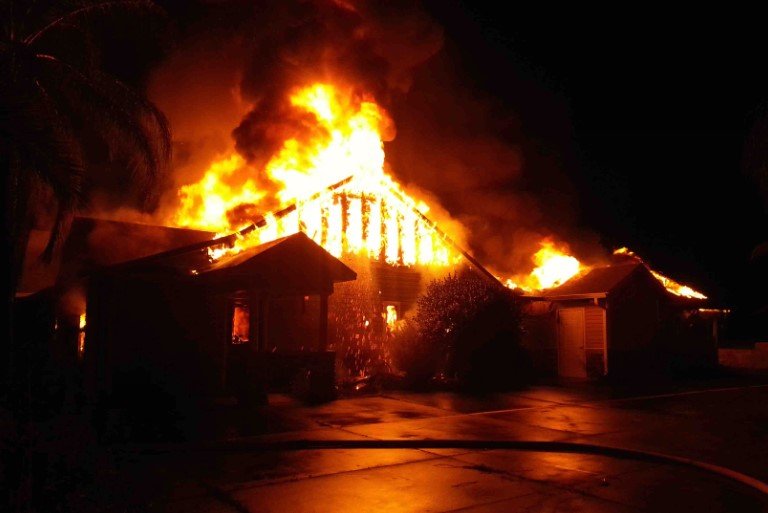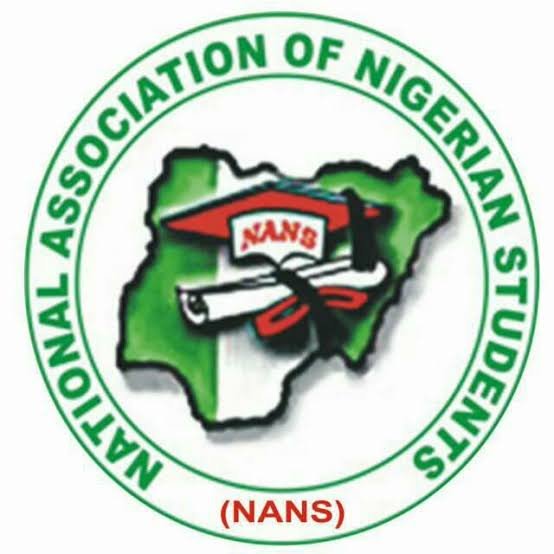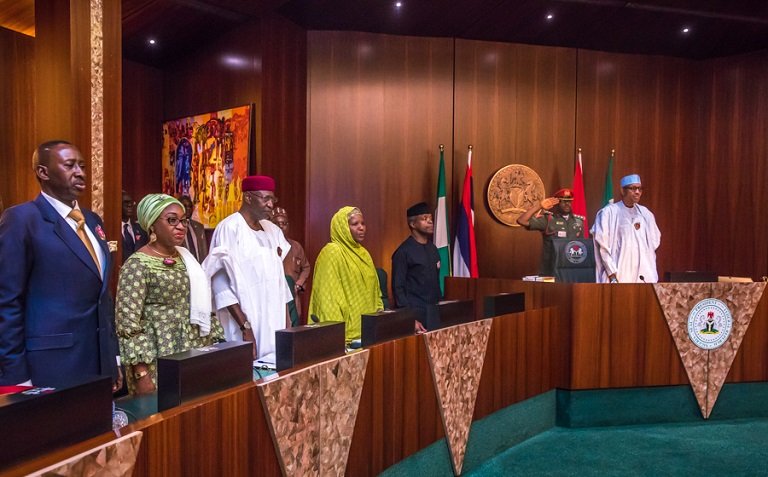
President Muhammadu Buhari will preside over the valedictory session of the Federal Executive Council (FEC), on Wednesday, exactly a week before his inauguration for another four-year tenure.
The Federal Executive Council is the cabinet of Nigeria and is made up of the President, Vice-President and ministers appointed by the President. Other members are Secretary to the Government of the Federation, head of the Civil Service of the Federation (OHCSF) and Chief of Staff to the President.
The body formalises Section 148, subsection 2 of the 1999 Constitution that says that:
“The President shall hold regular meetings with the Vice-President and all the Ministers of the Government of the Federation for the purposes of –
(a) determining the general direction of domestic and foreign policies of the Government of the Federation;
(b) co-ordinating the activities of the President, the Vice-President and the Ministers of the Government of the Federation in the discharge of their executive responsibilities; and
(c) advising the President generally in discharge of his executive functions other than those functions with respect to which he is required by this Constitution to seek the advice or act on the recommendation of any other person or body.”
Most of the 36 ministers were sworn-in on 11 November 2015, with President Buhari holding the Ministry of Petroleum as its substantive minister.
President Buhari essentially kept the team, with few exits in the last three and half years.
Barrister James Ocholi, the minister of state for Labour & Employment was the first to take a tragic bow, about four months after he was appointed. He died 6 March 2016 in an accident on Abuja-Kaduna road.
Next was the Minister of Environment, Amina Mohammed, who went on to become the deputy secretary-general of the United Nations.
READ:
Two of the original ministers also resigned to contest for political offices. They were Governor Kayode Fayemi of Ekiti, who was then Minister of Mines and Solid Minerals, and Aisha Al-hassan, who went to run for governorship seat in Taraba, after falling out with the All Progressives Congress.
Hajia Khadija Bukar Ibrahim, Minister of State, Foreign Affairs also left to run for a House of Representatives seat in Yobe. She won.
Kemi Adeosun, who was the original Minister of Finance left amidst proof that she forged her NYSC certificate.
In December last year, Alhaji Ibrahim Jibril, Minister of State for Environment quit to become the 13th Emir of Nasarawa emirate in Nasarawa State.
The President also made some new ministerial appointments in the course of the tenure. One of them was Suleiman Hassan, who was initially appointed Minister of state for Power in 2017. Later, he became the Minister of Environment, following the exit of Emir Ibrahim Usman Jibril.
Also appointed in 2017 was Professor Stephen Ocheni, who replaced late Barrister Ocholi.
President Buhari had on April 17 asked for a comprehensive “status reports on policies, programmes and projects” from cabinet members on their respective ministries, departments and agencies.
The deadline for submission of the reports to the Presidential Audit Committee in the office of the Vice President was April 24.
The Minister of Information and Culture, Alhaji Lai Mohammed, had said that despite the valedictory session today, the cabinet will not be dissolved simultaneously.
In a statement issued in Abuja on 25 April, the minister said it is the prerogative of President Muhammadu Buhari to dissolve the cabinet anytime he chooses.
The statement signed by the Special Adviser to the Minister, Mr Segun Adeyemi, clarified the minister’s earlier statement to State House correspondents after Thursday’s FEC meeting in Abuja.
‘’It is inaccurate to extrapolate from my statement – that the FEC valedictory session will hold on 22 May – to say that the President will dissolve the cabinet on the same day.
“They do not mean the same thing,” he said.
Some of the Original Ministers:
Chris Ngige – (Anambra) Minister of Labour & Employment, Rotimi Amaechi – (Rivers) Minister of Transportation, Babatunde Fashola -(Lagos) Minister of Power, Works and Housing, Abdulrahman Dambazau- (Kano) Minister of Interior, Ogbonaya Onu- (Ebonyi) Minister of Science and Technology, Abubakar Malami – (Kebbi) Minister of Justice & Attorney-General.
Sen Hadi Sirika – (Katsina) Minister of State, Aviation, Barr. Adebayo Shittu – (Oyo) Minister of Communication, Suleiman Adamu – (Jigawa) Minister of Water Resources, Solomon Dalong – (Plateau) Minister for Youth and Sports, Ibe Kachikwu – (Delta) Minister of State, Petroleum.
Dr Osagie Ehanire – (Edo) Minister of State, Health, Audu Ogbeh – (Benue) Minister of Agriculture, Udo Udo Udoma – (Akwa Ibom) Minister of Budget & National Planning, Lai Mohammed – (Kwara) Minister of Information, Ibrahim Usman Jibril – (Nasarawa) Minister of State, Environment.
Cladius Omoleye Daramola (Ondo) Minister of State, Niger Delta, Prof Anthony Onwuka (Imo) Minister of State, Education, Geoffrey Onyeama (Enugu) Minister of Foreign Affairs, Dan Ali (Zamfara) Minister of Defence, Zainab Ahmed (Kaduna) formerly Minister of State Budget and National Planning and now Minister of Finance
Okechukwu Enelamah (Abia) Minister of Trade, Investment & Industry, Muhammadu Bello (Adamawa) Minister of Federal Capital Territory, Mustapha Baba Shehuri (Borno) Minister of State, Power, Aisha Abubakar (Sokoto) Minister of State, Trade & Investment and also took over the Ministry of Women’s Affairs.
Heineken Lokpobiri (Bayelsa) Minister of State, Agriculture, Adamu Adamu (Bauchi) Minister of Education, Isaac Adewole (Osun) Minister of Health, Abubakar Bawa Bwari (Niger) Minister of State for Mines, Pastor Usani Uguru (Cross River) Minister of Niger Delta.






